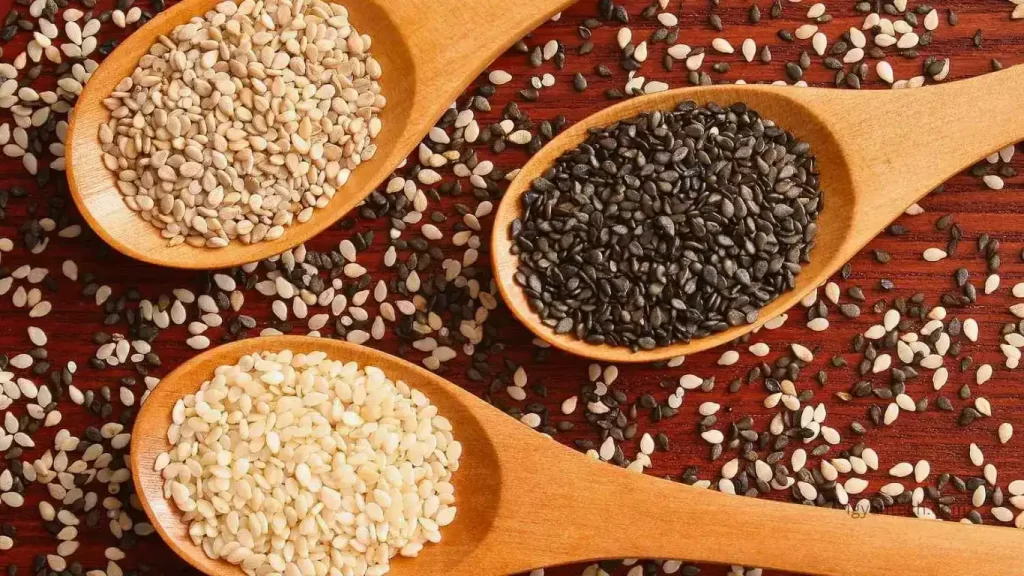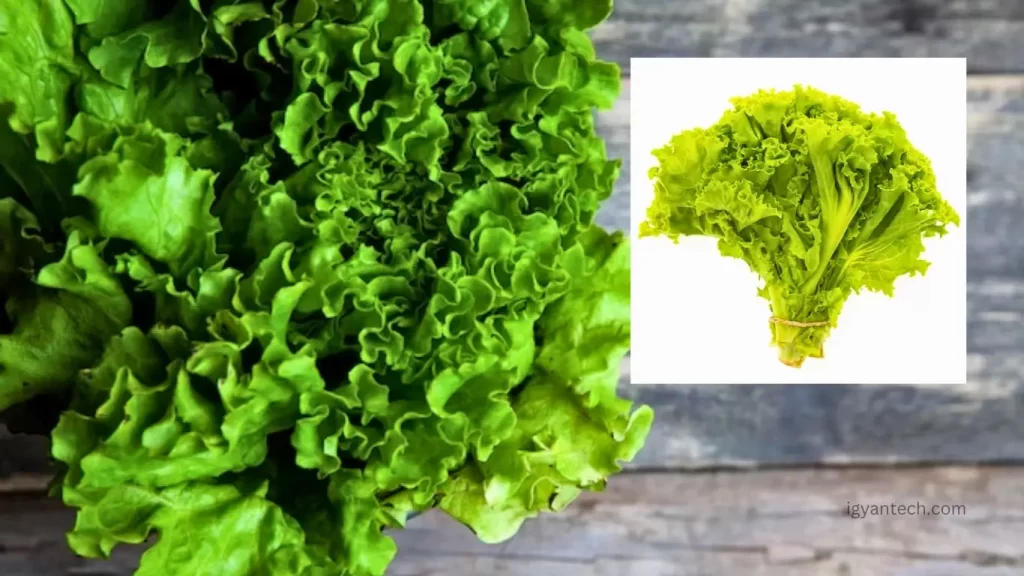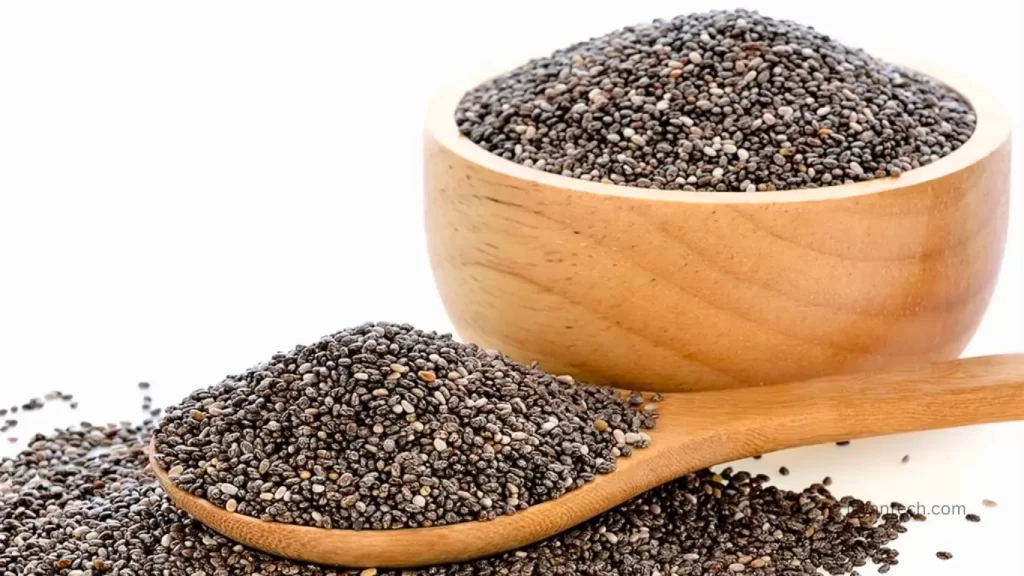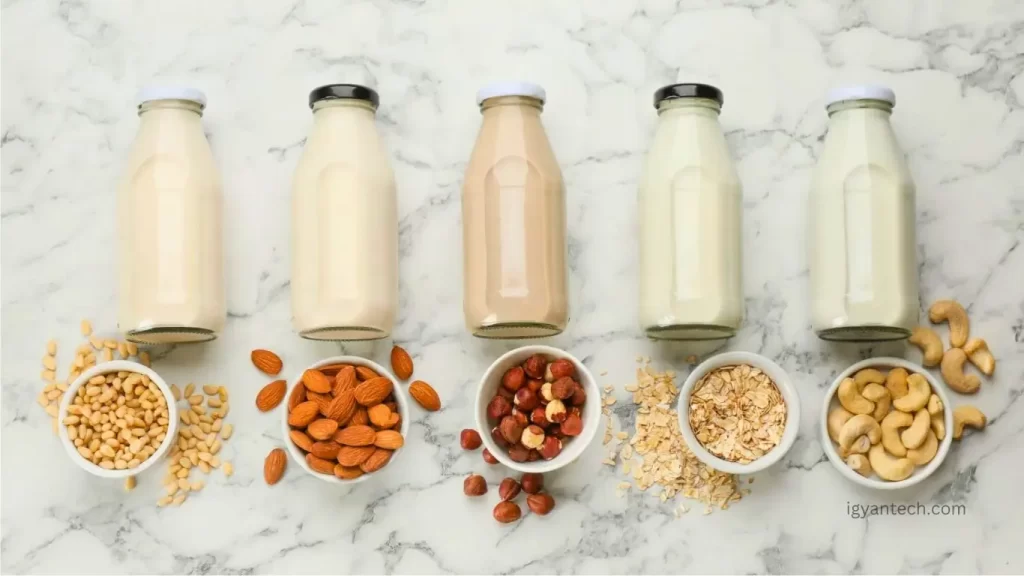Interested in plant-powered calcium? Which vegetarian options surpass milk? Let’s find out!
In this article, I’ve identified the top 7 vegetarian foods that boast even higher calcium levels than milk. Let’s explore them one by one.
Top 7 Vegetarian Foods that have more Calcium than Milk
Tofu
- Calcium Content: Tofu is a calcium powerhouse, packing around 350mg per cup.
- Tip: Versatile and delicious, tofu can be grilled, stir-fried, or blended into smoothies.

Soy Milk
- Calcium Content: Sip on soy milk for a calcium boost, providing around 300mg per cup.
- Tip: Dairy-Free Delight: Use soy milk as a substitute in your morning cereal or coffee.

Sesame Seeds
- Calcium Content: Surprisingly potent, sesame seeds provide approximately 277mg per ounce.
- Tip: Sprinkle sesame seeds on salads, yogurt, or incorporate them into your cooking for a calcium boost.

Kale
- Calcium Content: Don’t underestimate this leafy green! Kale offers about 180mg per cooked cup.
- Tip: Incorporate kale into salads, soups, or sautéed dishes for a calcium boost.

Chia Seeds
- Calcium Content: These tiny seeds deliver a whopping 177mg per ounce.
- Tip: Mix chia seeds into yogurt, oatmeal, or make a refreshing chia seed pudding.

Broccoli
- Calcium Content: Surprisingly, broccoli provides over 130mg per cooked cup.
- Tip: Enjoy broccoli raw with a tasty dip or steamed for a nutritious side dish.

Fortified Plant-Based Milk (e.g., Fortified Almond Milk, Fortified Soy Milk)
- Calcium Content: The calcium content varies by brand, but many fortified plant-based milks offer more than 125mg per cup.
- Usage: Incorporate these fortified alternatives into your daily routine as a substitute for regular milk in cereals, coffee, or cooking.

Conclusion
In conclusion, these top 7 plant-based calcium sources stand out as superior alternatives to milk, offering not only versatility and rich flavors but also a substantial calcium content that often exceeds the typical levels found in milk (approximately 125 mg / 100 ml). Surpassing the calcium content of traditional dairy, these alternatives provide robust support for bone health and overall nutritional well-being. Opting for these plant-based choices ensures not only a diverse and satisfying range of foods but also a reliable source of calcium, frequently surpassing the quantities obtained from milk.
You might also like:

